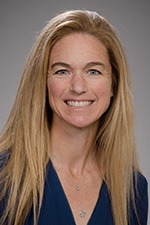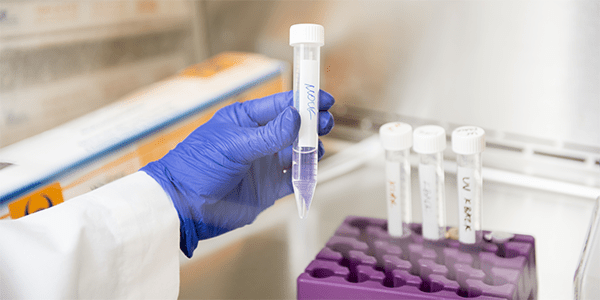UW Bioengineering assistant professors Jennifer Davis and Hao Yuan Kueh, and acting instructor Alec Smith from Assistant Professor Deok Ho Kim’s lab, have received Tietze Scientist Research Awards from the UW School of Medicine’s Institute for Stem Cell and Regenerative Medicine (ISCRM). The awards granted to Dr. Davis and Dr. Kueh, the John H. Tietze Stem Cell Scientist Awards, provide $50,000 over one year to support the research of any faculty member of ISCRM who is pursuing novel preliminary experiments to enable the advancement of stem cell and regenerative medicine research to be competitive for external funding. This award was received in 2016 by Assistant Professor Kelly Stevens, and in 2014 by Research Associate Professor Marta Scatena. Dr. Smith’s award, the Jaconette L. Tietze Young Scientist Research Award, offers one year of support of $25,000. This award is granted to senior postdoctoral fellows nearing independence and junior faculty who have not yet received major external funding such as an R01.

Assistant Professor Jennifer Davis
Dr. Davis will examine the symbiotic relationship between the extracellular matrix (ECM) and cardiac muscle cells, with the goal of developing cardiac regenerative medicine therapies. Treatments and a possible cure for heart failure have eluded researchers, in part due to a lack of understanding of how ECM remodeling or fibrosis impacts cardiac cell behavior and phenotypic outcome. Stem cell-derived cardiac muscle cell scaffolds offer some insight, but these relationships have not yet been directly examined using diseased scaffolds or in the native cardiac environment. Dr. Davis will use a mouse genetics approach for tuning ECMs’ properties to study how the properties of cardiac matrix scaffolds obtained from heart failure patient induce pluripotent stem cell (iPSC) and human embrionic stem cell (hESC) derived muscle cell behavior. She also aims to understand how ECM composition impacts native cardiac repair and regeneration.

Assistant Professor Hao Yuan Kueh
Dr. Kueh aims to investigate the epigenetic mechanisms controlling cell fate, and to open the door to rational cell reprogramming for regenerative medicine. To generate all the cell types in the human body, pluriopotent stem and progenitor cells need to turn on the expression of fate-specifying genes and maintain this upon differentiation. In eukaryotic cells, this off-to-on switch is thought to involve epigenetic mechanisms, or changes to the chemical state or physical packing of genes on chromosomes that are heritable as cells divide. Dr. Kueh has established a unique model system of blood cell development that enables the examination of epigenetic fate switching dynamics and study of control mechanisms. He will work to uncover the molecular mechanisms that control this switch, and determine how widely these switches occur in the genome.

Acting Instructor Alec Smith
Dr. Smith will establish a screening system for neuromuscular junction functionality that enables the study of mechanisms involved in neuropathic diseases, such as Lou Gehrig’s disease. Dysfunction of the neuromuscular junction, or the connection between motor neurons and muscles, damages motor neurons and impairs their ability to deliver signals to muscles. Researchers have had no accurate models to examine this condition in disease states. Dr. Smith will address this lack of tools with his system, in which human stem cell-derived motor neurons and muscle cells are grown inside a compartmentalized chamber designed to control how the two cell types interact. The system will use electrodes to measure electrical signals between neurons and determine the level of communication between the two cell types.


